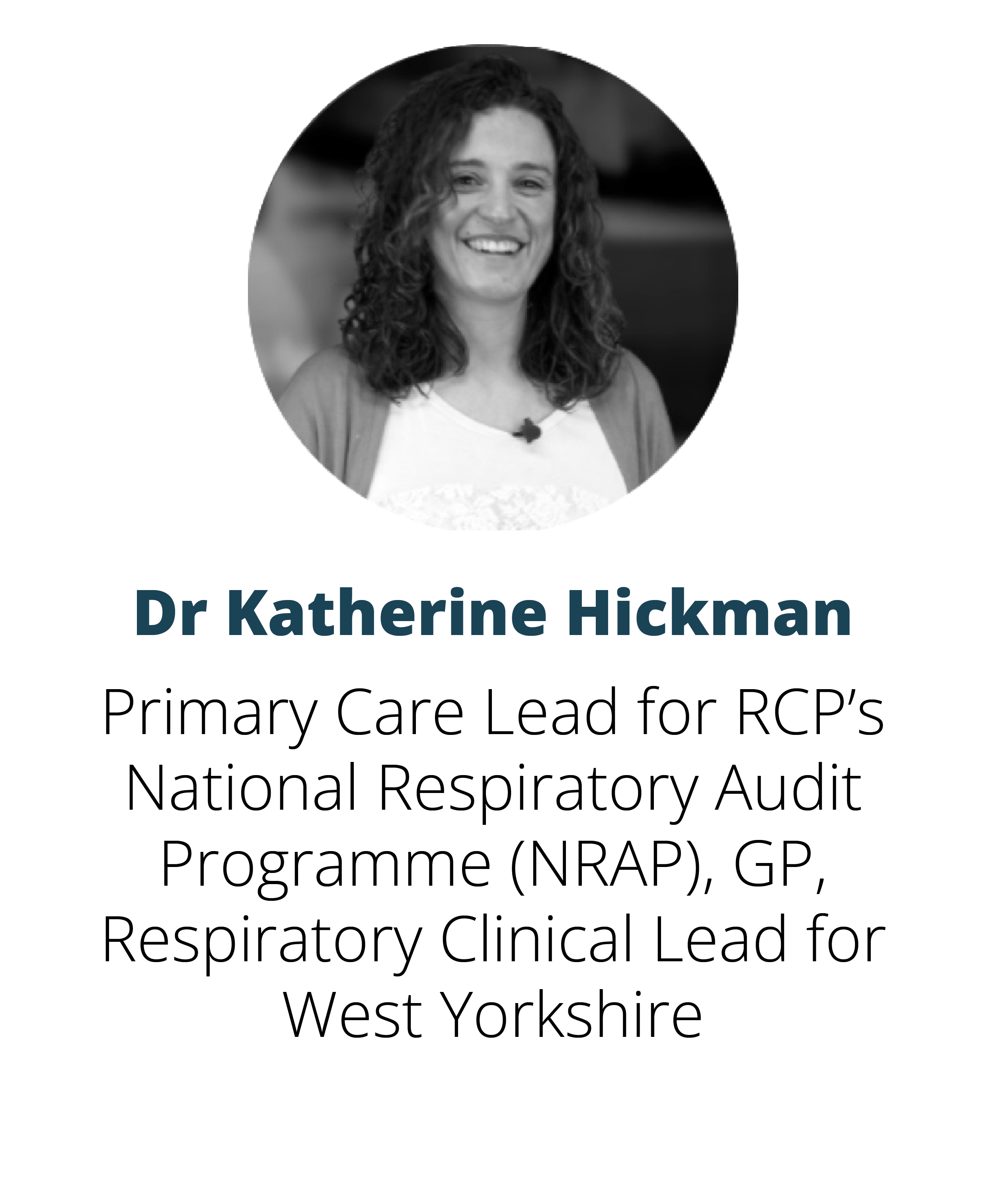Join the Respiratory Health Implementation Group in Wales for the first-ever presentation of newly compiled national datasets. Collected over years of system implementation, these insights showcase the impact of achieving 100% adoption of the Respiratory Digital Therapeutics Toolkit across every GP practice and hospital in Wales.
This is aimed at those in NHS England, Scotland, Northern Ireland and Wales, and other health organisations, to understand the data and how this has been achieved.
National Transformation of Respiratory Outcomes through Digital Therapeutics
Thursday 13th March 2025
Time: 12:00
This event has already been.
About this event
To find out how these remarkable outcomes have been achieved, book a space on the event using the ‘BOOK EVENT’ button above. You will receive a booking confirmation email and the link to join the event closer to the time.
For anyone booking a space on the event, on the day of the event, find the link to join here:
Click here to join the event
.
Event Highlights




Presented by the Respiratory Health Implementation Group in Wales (and Special Guests)





Overseen by Professor Simon Barry, the National Respiratory Clinical Lead for NHS Wales (2016 – 2024), this event is a review of the national datasets, literature and major improvements in outcomes across NHS Wales through nationwide adoption of the Respiratory Digital Therapeutics Toolkit. This academic and practical event looks to open a discussion between the panel and attendees about different methods of improving population health, at scale, for people living with Chronic Conditions.
Further Highlights
Adoption at scale, across a nation
- This toolkit has achieved adoption across 100% of GP practices and hospitals across NHS Wales.
- No variation in uptake geographically or by social deprivation index.
- Supporting hundreds of thousands of patients to stay well in the community.
- Thousands of healthcare professionals using the system.
- After the success seen in respiratory, the toolkit is now being delivered within other disease groups.
Combatting health inequalities and improving population wellness
- Asthma and COPD patients are showing significant improvements in wellness scores in as little as 3 months
- Asthma app users of 4 months or more are seeing a relative increase in their wellness scores of 41%.
- Patients experience significant improvements in the RCP 3 question scores, with 33% of app users having a better RCP score after a period of app use and 17% of app users moved from potential sub-optimal or poor control to good control (a score of 0).
- Users in socioeconomically deprived areas, and young people are seeing the greatest improvements in their RCP score.
- Asthma app users have a statistically significant improvement in their reliever inhaler usage, with 35% having improved reliever use within one year, and 20% of patients going from some reliever use to no reliever use.
- Socioeconomically deprived areas are seeing the greatest improvement in reliever inhaler usage.
- COPD app users reliever use improved after one year, with the percentage of users making use of relievers decreasing substantially from 67% to 38%.
Changing behavior of patients and practitioners
- Patients are taking responsibility and agency for their own care/self-management
- Population engagement with digital therapeutics as part of healthcare provision.
- 90% of patients say that the app helps them manage their condition.
- Patients on the app are 42% more likely to be using Dry Powder Inhalers (DPIs) than the general population.
- 88% of patients were referred by their healthcare professionals, showing the deep integration with current care pathways
- For regular app users with suboptimal control prior to using the app, this group experiences an improvement in their health, resulting in 44% of users reducing their visits to the GP and 33% reducing their admissions to A&E.
- 36% reduction in GP visits among patients, alleviating pressure on primary care services
- 19% decrease in A&E admissions, reducing costly and avoidable hospitalisations
Introducing the ICST Respiratory Digital Therapeutics Toolkit
- The ICST Respiratory Digital Therapeutics Toolkit is a co-produced, evidence-based solution that operates across three key layers to support patients, healthcare professionals, and commissioners
- A core component of the toolkit is its use of the COM-B model, a proven behaviour change framework.
- It supports the goals of the NHS Long Term Plan and the 2024 Darzi Report by empowering individuals, personalising care, improving clinical outcomes, and addressing health inequalities.
- During this live event, we will outline the methodology used in NHS Wales to achieve all the outcomes, with an opportunity to schedule a follow-up demonstration with the team behind the ICST Respiratory Digital Therapeutics Toolkit to find out more
- Award winning
- Impact in Population Health
- Scaling up and Transformation
- Best Solution to Manage Chronic disease
- Moving towards Net Zero through digital
- Innovation Project of the Year
- Environmental Sustainability Project of the Year
- Long Term Partnership of the Year
Live discussion forum
- Opportunity to join the discussion with the panel and event attendees, sharing of experiences from different health organisations in improving population health at scale
References:
- Barry et al (2024). Creating expert patients: Outcomes from a national digital therapeutic approach for people with asthma in Wales.
- Barry et al (2024). Trends in low global warming potential inhaler prescribing: A UK-wide cohort comparison from 2018-2024.
- The Institute of Clinical Science and Technology. November 2022. Healthhub App Survey report.
- Jefferies R, Davies C, Barry S. 40 Utilizing implementation science software (ISS) to successfully reach full implementation of an intervention at scale and pace. BMJ Evidence-Based Medicine 2022;27:A2-A3.




